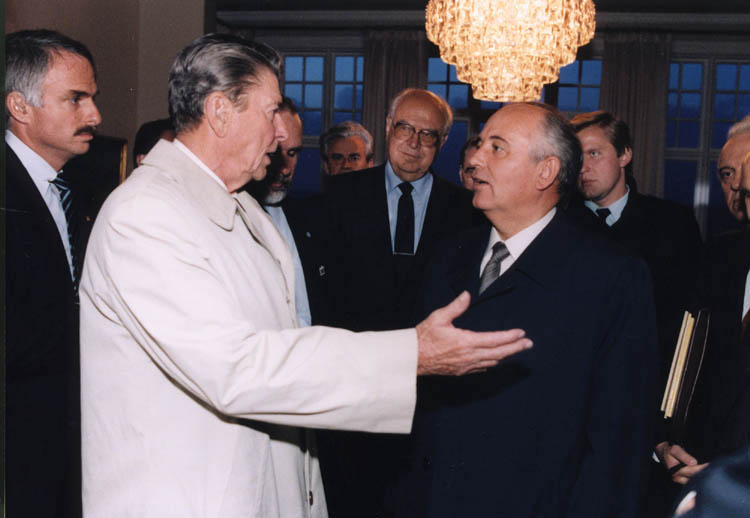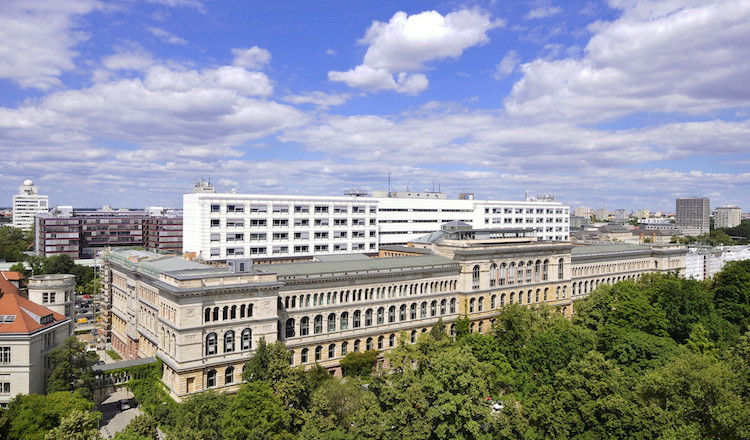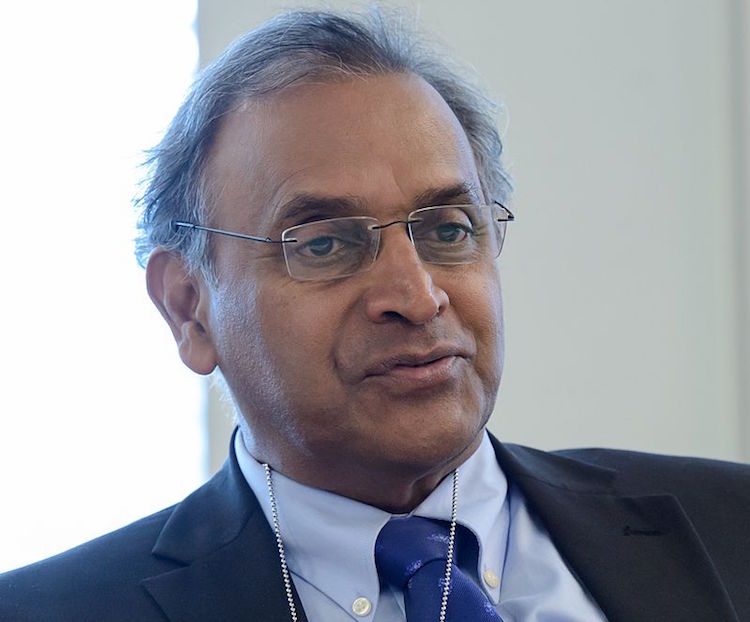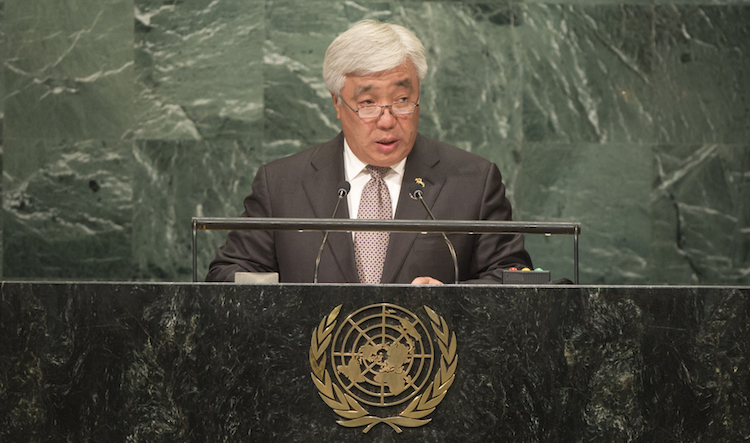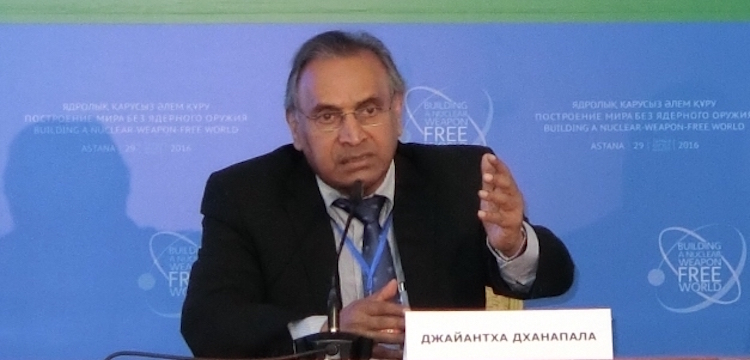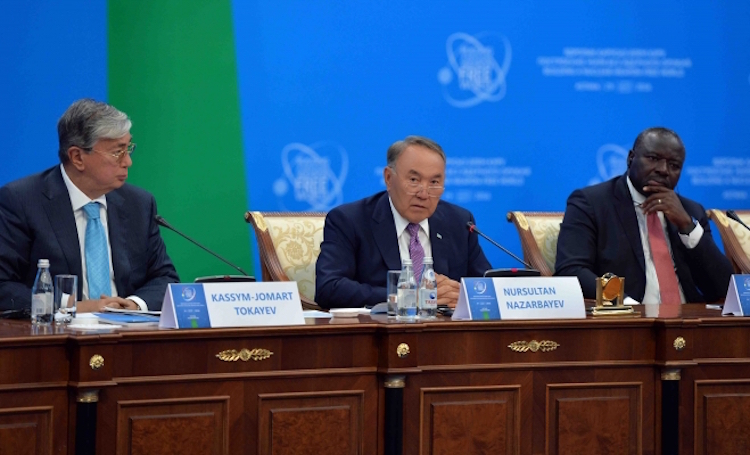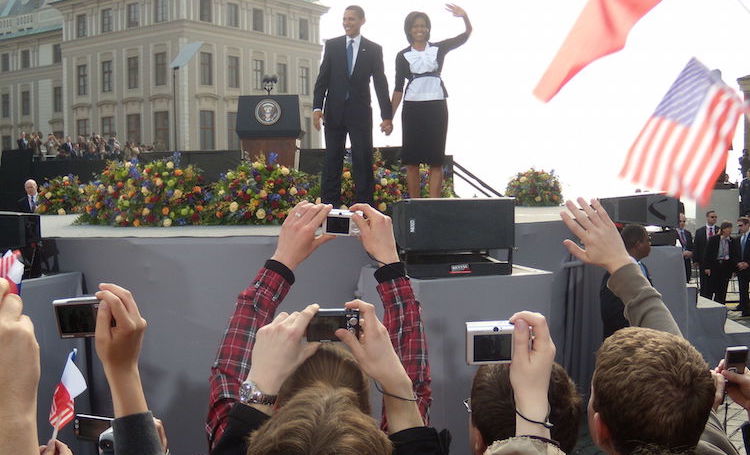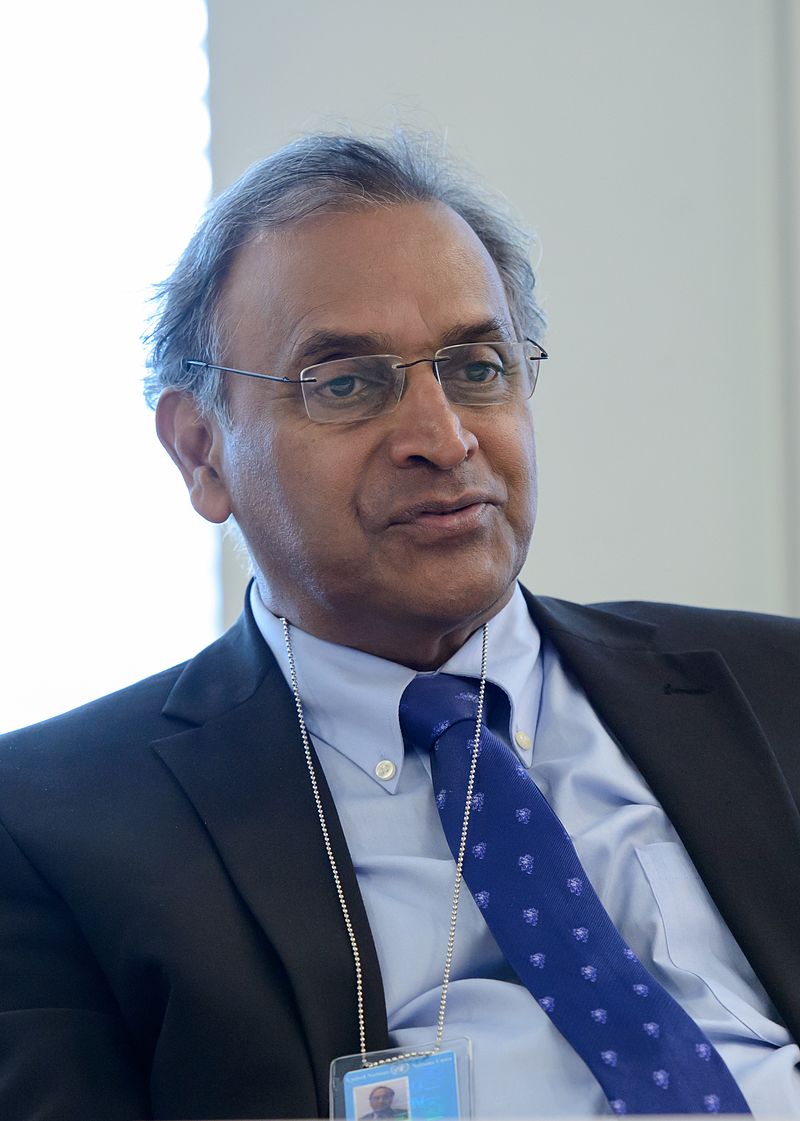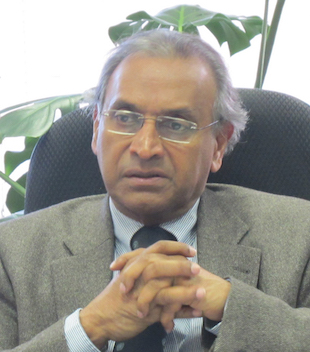The Legacy of the Reykjavik Summit – The Road Ahead
By Jayantha Dhanapala*
This is an expanded version of thoughts expressed by the author at a conference organized by the International Peace Institute (IPI) with the Foreign Ministry of Iceland on October 10-11 to commemorate the 30th anniversary of the Summit meeting between U.S. President Ronald Reagan and his Soviet counterpart Mikhail Gorbachev.
REYKJAVIK (IDN) – Richard Rhodes, the famous author of several books on nuclear weapons, including the Pulitzer Prize-winning “The Making of the Atomic Bomb” (1986), has written a play entitled “Reykjavik” dramatizing the famous Summit. At the conclusion he has Gorbachev say, “Reykjavik is not a failure – it’s a breakthrough”.

